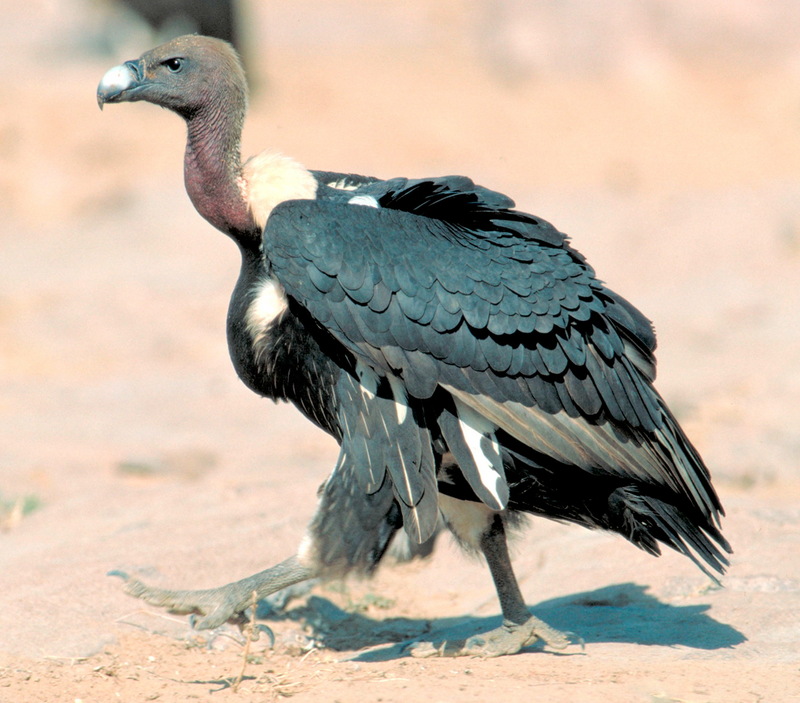|
| Query: description | Result: 9428th of 10150 | |
White-rumped Vulture (Gyps bengalensis)
| Subject: | White-rumped Vulture (Gyps bengalensis)
| |

| Resolution: 1370x1204
File Size: 462281 Bytes
Date: 2007:10:28 19:21:27
Upload Date: 2007:10:28 19:22:02
|
ERROR : Server Busy(-1105)
ERROR : Server Busy(-1105)
White-rumped Vulture (Gyps bengalensis)
Indian White-rumped Vulture (Gyps bengalensis) is an Old World vulture in the family Accipitridae, which also includes eagles, kites, buzzards and hawks. It is closely related to the European Griffon Vulture (Gyps fulvus) though less so than it was long believed to the White-backed Vulture. Its alternate name, Oriental White-backed Vulture, is a leftover from that time.
Description
Tens of millions of Asian vultures???including the oriental whitebacked vulture (Gyps bengalensis) , above???have vanished from the Indian subcontinent since the early 1990s.
Source
Switching Drugs for Livestock May Help Save Critically Endangered Asian Vultures. Gross L, PLoS Biology Vol. 4/3/2006, e61 http://dx.doi.org/10.1371/journal.pbio.0040061
Date Published: January 31, 2006
Author (Image: Goran Ekstrom)
URL http://en.wikipedia.org/wiki/Image:Gyps_bengalensis_PLoS.png
|
Comments |
|---|
| | Guest |
|
Scientific Name: Gyps bengalensis (Gmelin, 1788)
Common Names: White-rumped Vulture, Asian White-backed Vulture, White-backed Vulture, Oriental White-backed Vulture
French: Vautour chaugoun; German: Bengalengeier; Spanish: Buitre dorsiblanco bengalí, Buitre Leonado Bengalés
Taxonomy: Vultur bengalensis J. F. Gmelin, 1788, Bengal, India. |
^o^
Animal Pictures Archive for smart phones
^o^
|
|
|

